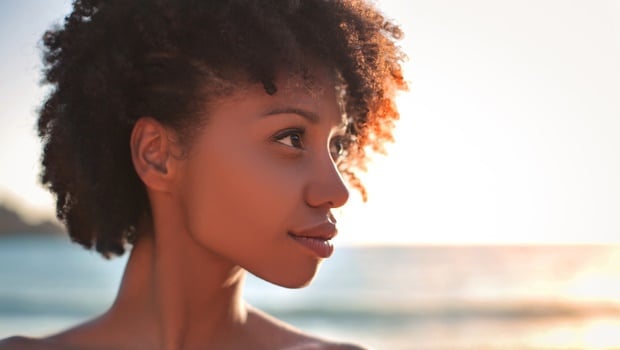
Hair care is big business. A 2016 Statista report estimates the size of the global hair care product market at a whopping R1.1 trillion. Sales of shampoos and conditioners are the biggest contributors.
It is estimated that 10 000 new products are introduced to the market annually.
Black consumers make up the bulk of spending. The Huffington Post SA recently reported that black consumers spend up to six times more than their white counterparts on their hair.
South Africa’s black hair care industry is estimated to be valued at R9.7 billion a year. In 2010, it was considered the largest in Africa, according to the Professional Hair Care Market SA 2010 report.
Research on the hair care industry is limited, but it suggests that relaxing remains the most popular treatment in South African salons, accounting for an estimated 80% of all business.
The leaders in the local hair relaxing space are multinational companies such as L’Oréal (Dark and Lovely), Unilever (Sunsilk and Motions) and Sofn’free.
L’Oréal is reportedly looking into building on its line and conducting more research into African hair and skin. The company now has factories in South Africa and Kenya that produce almost half the products it distributes on the continent.
Second to hair relaxing is the broad category of “African styling”, which is used to refer to braiding, hair extensions, dreadlocks, bonding and the infinite variations of these.
Today, there are more than 100 brands of hair in South Africa, the bulk of which is the synthetic kind from Asia. There’s also a growing demand for more natural human hair, sourced largely from India, Peru and Brazil.
While vast quantities of international products are used in South Africa’s black hair salons, these salons are largely locally owned.
The number of known salons catering for black people is estimated at 40 000, and about 3 000 of these cater for “non-ethnic hair”. The figures most likely exclude informal salons in homes.
Huffpost reports that despite South Africans still heavily relying on relaxers, there has been a swing in the global market towards natural hair.
“In the US, the natural hair movement accounted for a 19% drop in relaxer sales between 2013 to 2015, according to market research company Mintel.
A growing consumer-led effort to move towards Afro-textured hair has shifted the economics of the hair care industry.
- Updated from a 2014 article by Gugulethu Mhlungu




 Publications
Publications
 Partners
Partners










